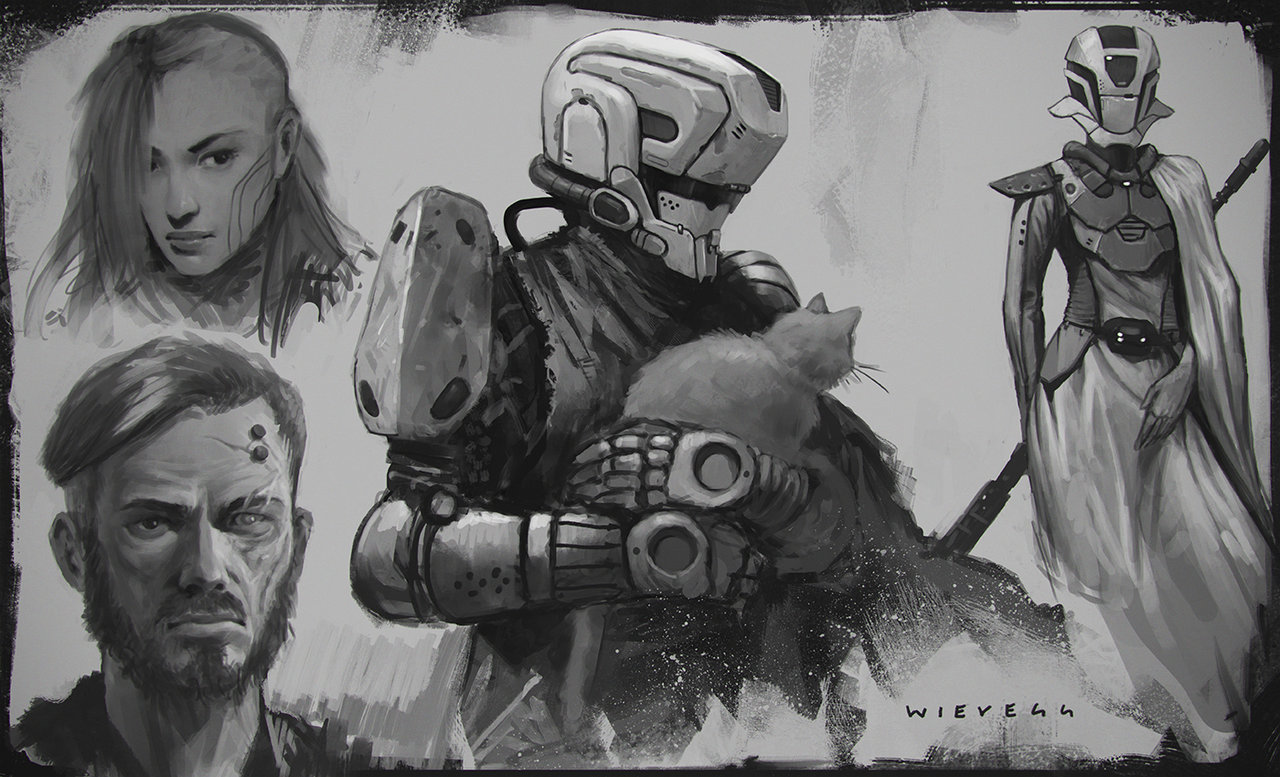
The American Coup of 2020
Revolution
11
A power struggle in the United States between its then President and Congress over a potential transfer of power during a time of crisis results in its military to intervene.
Sometimes called the Second U.S. Civil War (by American mass media pundits) or the "Weekend in America", a majority of serious historians and political analysts believe that calling it a civil war is quite a stretch. However, the Coup of 2020 is seen as the final nail in the coffin for legitimate democracy in the United States after the U.S. Senate gave the president unlimited dictatorial powers following a botched attempt at impeachment. It is often blamed as the event eventually leading to the Democracy Crisis of the later Twenty-First Century. During the U.S. presidential elections of 2020, an increasingly paranoid and emboldened Donald Trump used the dictatorial executive authority given to him by the U.S. Senate earlier that year. When he was unable to cripple the U.S. Postal Service, he issued a nationwide "emergency" martial law the day before Election Day. He cited various reasons, from the first CoViD outbreak and economic turmoil to Russian, Democrat, Black Lives Matter, and/or Chinese election interference (his own Twitter messages contradicted one another, and no proof of this actually occurring ever surfaced). The National Guard had already been mobilized in every U.S. state (along with voluntary paramilitary militias in several states) to enforce quarantines, distribute medical aid, and maintain economic order during the prolonged CoVid-19 pandemic, social unrest, and subsequent global economic recession/depression. In October, they were suddenly ordered reinforce and aid federal agents to seize authority, shut down polling sites, and declare several state absentee and mail-in ballots null and void by some kind of "executive order" (most notably in left-leaning and swing states). In the next days, Trump ordered the arrest of every Democrat in the House and Senate, and the arrest of two Supreme Court judges for treason, mail fraud, election tampering, and collusion with foreign governments (unsubstantiated). A little over half were taken into custody, and the House Speaker was summarily executed on the steps of Capitol Hill—an "accident" by an "overzealous militiaman" according to White House propaganda. Following the arrests, Trump's (with his son-in-law and "only trusted advisor", Jared Kushner) suppression orders extended to the millions of protestors marching in cities across America. Hundreds of "ring leaders" were arrested or simply taken into custody without cause. Reports of clashes and casualties began flooding in. Soon, reporters themselves were being arrested. One video of a reporter being shot managed to air before being deleted and suppressed by Facebook, Twitter, and YouTube for violating its content policies. Seizure of the major critical American news sources that were deemed "nasty people" soon followed. Most of their executives were either forced to pledge absolute loyalty or face confinement (FoxNews, the New York Post, and Breitbart were among the glaring exceptions). By mid-November, however, a military coup turned on their commander-in-chief and promised a swift return to democracy. Once in control, the Twenty-Fifth Amendment was swiftly invoked and Democrat prisoners were released. Although civilian control was mostly restored, the interim military government had to deal with the one-third of their own and a third of the American public who supported Trump's martial law. In the eyes of Americans and the world alike, the power of the United States top government offices was never trusted again. Ravaged because of the CoViD-19 pandemic, its devastated economy, and its bankrupt moral standing in the world, the nation began its slow decline as a superpower.
